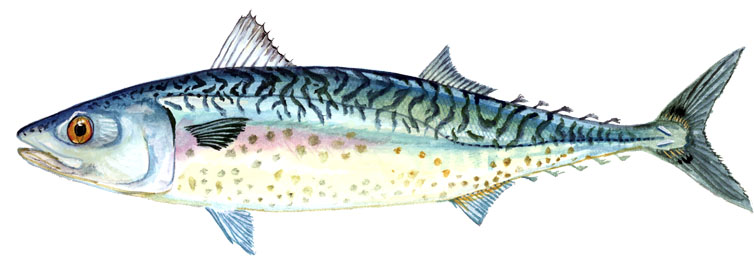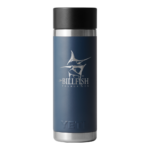
In light of the huge harvesting capacity of the giant commercial trawlers targeting low-dollar-value forage fish species, expanding the commercial harvest limit for that fishery would undermine the high-dollar-value recreational fisheries for billfish and tunas. Chub mackerel and other forage fish are very important to support the recreational fishing industry in the Mid-Atlantic region and beyond. Degrading the economic benefits flowing from the recreational billfish and tuna fisheries in the region, including benefits from tournaments and businesses, plus benefits from support service businesses, would be economically detrimental to the region. Excessive extraction of forage species from the ecosystem can also lead to imbalances within the system, which would add to further economic losses. If retaining the current commercial harvest rate can be achieved without generating ecologic or economic losses then you have found the right balance. Many billfish and tuna anglers have the economic means to go elsewhere to fish when their encounter rates with marlin and tuna drop in a region but the regional businesses cannot, so the Mid-Atlantic region would lose. A commercial fishery exists, but at the same time balance is needed to insure that the recreational fishery can continue tothrive as well.
Send your written comments to Julia Beaty here or submit comments online here until 11:59 pm on 1/18/19. Public meetings on the subject will be held through 1/14/19 and a webinar between 6:00 – 7:30 pm, for more information go here. To learn more about specifics of proposed alternatives see documents here and here.








